By utilizing the ideas of quantum physics, the quickly developing science of quantum computing holds the potential to completely transform technology. Quantum computers, as opposed to classical computers, employ quantum bits, or qubits, to process information, which allows them to solve some kinds of problems tenfold quicker. Significant progress has been achieved in the field of quantum computing in the last few years, ranging from discoveries in quantum algorithms and error correction to enhancements in hardware and software. The entire potential of quantum computers in a number of fields, including drug discovery, cryptography, optimization, and artificial intelligence (AI), is getting closer thanks to these advancements.
1. Understanding Quantum Computing and Its Unique Capabilities
It’s essential to comprehend the basic distinctions between quantum and classical computing in order to appreciate the latest developments in quantum computing. Quantum computers employ qubits, which can exist in several states simultaneously due to a characteristic called superposition, to do computations, in contrast to classical computers, which use bits (0s and 1s). Moreover, qubits are entangled, which means that regardless of distance, the state of one qubit depends on the state of another. Quantum computers are able to execute concurrent computations at previously unheard-of levels thanks to this entanglement.
Certain issues that are currently unsolvable for classical computers can be solved by quantum computers. For instance, quantum algorithms such as Shor’s algorithm could be used to efficiently address factoring big numbers, which is key to many encryption systems. Another area where quantum computing may transform problems is in optimization, which is a common topic in industries including banking, logistics, and machine learning. Grover’s technique, for instance, has the potential to dramatically improve fields such as database search by offering a quadratic speedup for unstructured search issues.
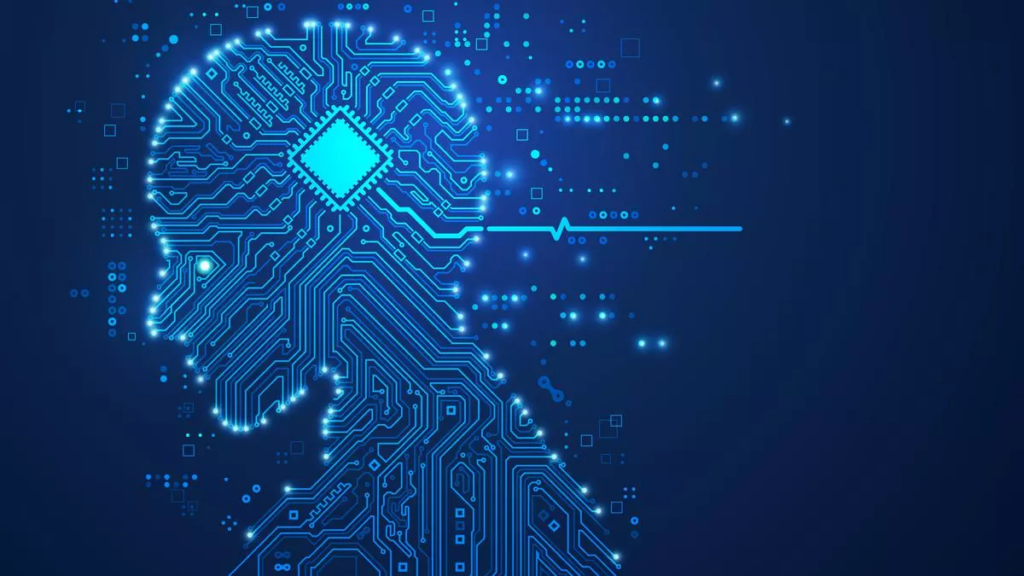
2. Recent Hardware Advances in Quantum Computing
Constructing dependable and expandable quantum hardware has been one of the main obstacles in the field of quantum computing. Due to their extreme sensitivity to outside interference, sometimes referred to as “quantum noise,” qubits in quantum computers may lose their quantum state. More recent developments have concentrated on creating scalable systems, more reliable qubits, and improved error correction techniques.
Superconducting Qubits and Quantum Chips: One of the most promising technologies for quantum computers, superconducting qubits are being developed at a rapid pace by industry leaders such as IBM, Google, and Rigetti. The materials used to create these qubits have low-temperature superconductivity, which practically eliminates electrical resistance. For instance, IBM’s Quantum System One, which incorporates a superconducting design, has made notable progress in decreasing qubit error rates and lengthening coherence periods. The most potent quantum computer available at the moment, the IBM “Eagle” processor with 127 qubits, was recently disclosed. It was capable of carrying out intricate quantum computations that were previously impractical.
Ion Trap and Photonic Quantum Computers: Considerable advancements have also been made in alternative strategies like ion trap and photonic quantum computers. Leader in ion trap technology, IonQ, made a significant advancement by employing trapped ions as qubits, which provide lower error rates and longer coherence durations than superconducting qubits. Concurrently, photonic quantum computers—which employ photons, or light particles, as qubits—are becoming more and more popular. Photonic quantum processors, which may function at room temperature and potentially eliminate the need for expensive cooling infrastructure, are being developed by companies such as Xanadu and PsiQuantum.
Quantum Fault Tolerance and Error Correction: One of the key obstacles facing quantum computing is still error correction. Techniques for quantum error correction (QEC) have come a long way, including surface codes and topological codes. Fault-tolerant quantum computers are now a possibility because to Google and other research organizations’ demonstration that quantum error correction may be scaled up to shield logical qubits from noise. This is essential for developing large-scale quantum computers capable of dependable, meaningful computation.
3. Software and Algorithmic Innovations
The development of software and algorithms has kept pace with hardware breakthroughs in quantum computing. Specialized software known as quantum algorithms makes use of quantum mechanics to solve problems more quickly than traditional algorithms.
Applications of Quantum Algorithms: In recent times, there has been a significant surge in the creation of novel quantum algorithms. on example, quantum machine learning (QML), quantum chemical simulations, and quantum optimization are among the applications on which researchers have concentrated their attention. Quantum machine learning (QML) methods, such as quantum neural networks and support vector machines, are demonstrating potential in improving data processing and pattern identification tasks. Drug discovery and materials research may be completely transformed by using quantum algorithms for chemistry, such as the Variational Quantum Eigensolver (VQE), to mimic molecular structures and chemical interactions.
Quantum Software Frameworks: To assist programmers in creating and testing quantum algorithms, a number of quantum software frameworks have been developed. Examples of these frameworks are IBM’s Qiskit, Google’s Cirq, and Microsoft’s Q#. These frameworks give programmers access to a high-level interface for quantum programming, enabling them to create, model, and execute quantum circuits on quantum hardware or simulators. Quantum software is evolving quickly because to open-source initiatives and community-driven platforms, which are also making it more widely available to developers and academics.
Hybrid Quantum-Classical Computing: This method of utilizing the capabilities of quantum computers shows promise. According to this paradigm, classical computers handle the remaining portions of a problem, leaving the areas that would most benefit from quantum speedup to be solved by quantum computers. By fusing the advantages of both quantum and classical computing, hybrid algorithms—such as the Quantum Approximate Optimization Algorithm (QAOA)—are being created to handle challenging optimization issues. This method is especially helpful in the short run since it enables real-world applications of quantum computing before completely fault-tolerant quantum computers are developed.
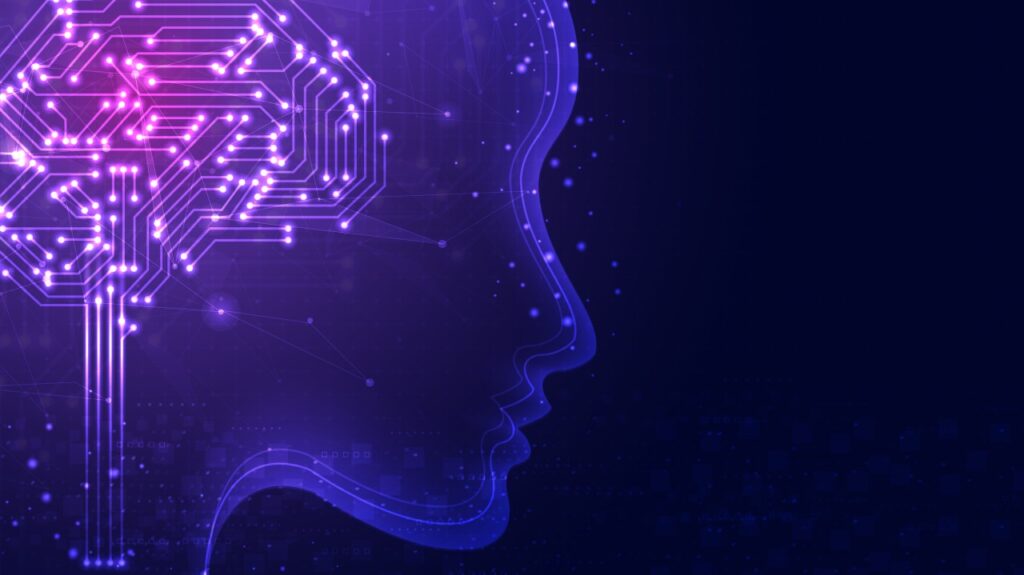
4. Quantum Encryption and Computing
Cryptography faces both opportunities and challenges from quantum computing. On the one hand, by effectively resolving the mathematical puzzles that underlie popular encryption techniques like RSA and ECC, quantum computers may be able to crack them. For example, Shor’s method may factor big numbers tenfold quicker than the most well-known classical algorithms, endangering the security of the public-key cryptosystems that are in place today.
However, the development of novel cryptographic methods that can withstand quantum attacks is also made possible by quantum computing. Research is now being done in the field of post-quantum cryptography, which focuses on creating algorithms that are safe in a quantum environment. Promising options for post-quantum security include hash-based signatures, code-based cryptography, and lattice-based cryptography. Furthermore, secure communication that is supposedly impenetrable to eavesdroppers is guaranteed by quantum key distribution (QKD) protocols such as BB84.

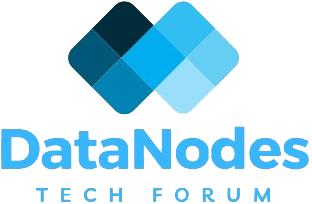
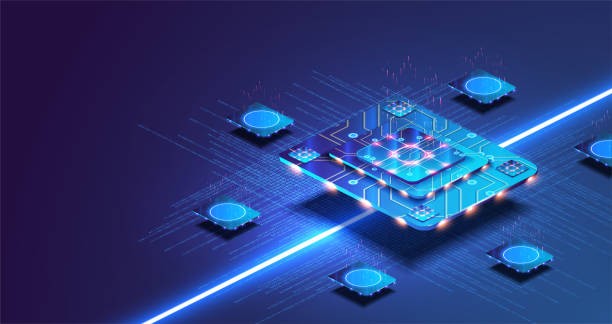



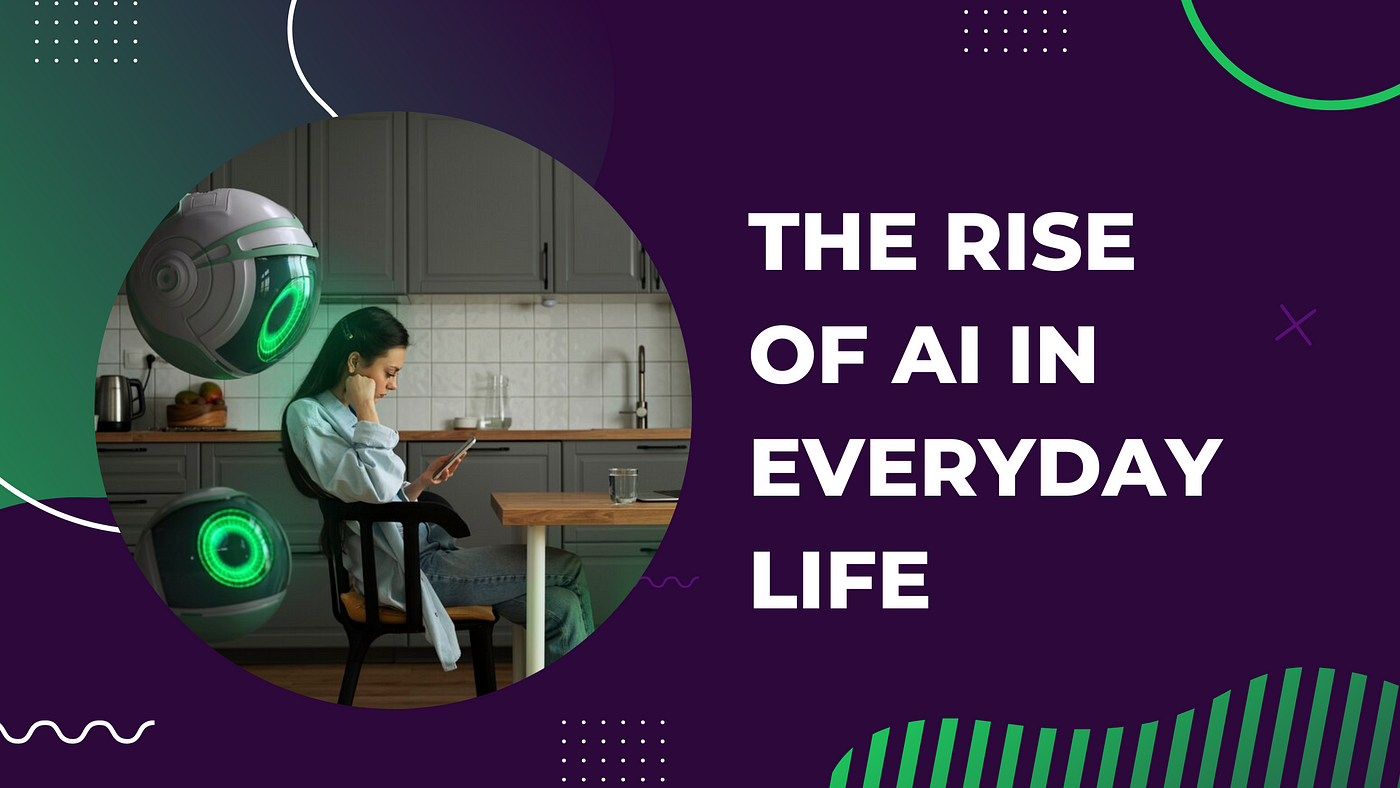
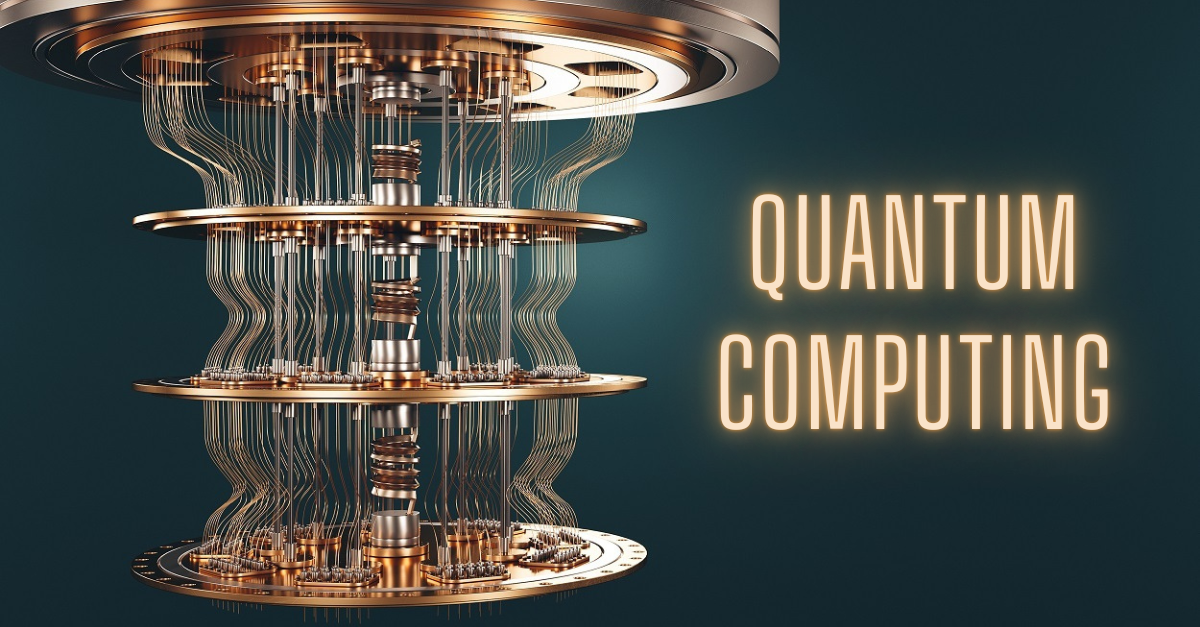


Leave a Reply